Religious Studies
Religious Studies
Why choose Religious Studies?
- Religion is central to world history, society and human life. Religious Studies A level allows you to study the various philosophies and beliefs that underlie popular religions and helps you understand the perspectives and motivations of believers. There is a considerable element of philosophical thinking in the course.
- The study of religion can also give you a broader outlook on life and increase your skills in abstract thinking
- It can also complement other science subjects or humanities
- The specification offers an academic approach to the study of religion and is accessible to candidates of any religious persuasion or none.
What are the aims of the course?
- The study of the Philosophy of Religion, Theology and Ethics seeks to encourage joined-up thinking shown in research, analysis and presentation skills
- You will develop skills of critical evaluation and analysis, which you will practise within discussions and in essay-writing
- It develops the ability to present, in written and verbal forms, logical chains of reasoning using evidence and sources of authority
- It allows for reflection on, and development of your own values, opinions and attitudes in the light of your learning.
What study skills do you need?
- A level Religious Studies is a highly engaging subject, and you can expect classes to involve a considerable amount of discussion and debate
- To get the most out of the subject, you must be willing to participate in these discussions, both sharing your own ideas and listening and respecting the views of others
- Alongside these skills, you need to have a keen interest in the subject, including a desire to broaden your knowledge and understanding of religion, philosophy and ethics, and the desire to develop your skills in critical thinking and analysis.
GCSE requirements
At least a grade 7.
Course Content
The OCR examinations board specification for Religious Studies AS and A level are offered at The Laurels. Both the AS and A level have three components covering the subject areas of Philosophy of religion, Religion and Ethics and Developments in religious thought.
The A level components are:
- Philosophy of Religion: ancient philosophical influences; the nature of the soul, mind and body; arguments about the existence or non-existence of God; the nature and impact of religious experience; the challenge for religious belief of the problem of evil; ideas about the nature of God; issues in religious language
- Religion and Ethics: normative ethical theories; the application of ethical theory to two contemporary issues of importance; ethical language and thought; debates surrounding the significant idea of conscience; sexual ethics and the influence on ethical thought of developments in religious beliefs
- Development in Religious Thought: Christianity
Higher education and career opportunities
There is no sphere of life that is not shaped by philosophical and religious ideas. The philosophical and religious elements of this course will allow you to develop your appreciation of the ethical controversies underpinning responses to issues within a wide range of university disciplines including Law, and Finance; Philosophy Politics Economics; Medicine (Ethics route); Communication and Media, and Psychology.
Students can go on to study a range of courses available at University including Theology, Philosophy and Ethics. Knowledge of other cultures and world religious beliefs can be useful in many jobs where you are working with the public or communities.
Related activities
- Essay competitions
- University of Cambridge: Faculty of Divinity – RE:view Cambridge Religion on Film
- Newnham Essay Prizes in Philosophy
- University of Sheffield: Secondary School Philosophy Essay
- In house Philosophy and Theology debates
- Invited Speakers
- Anscombe BioEthics Centre, Oxford
- Specialists in Theology & Philosophy
Get more information
Thank you!
Please try again later.
CONTACT US


| All Rights Reserved | The Cedars Laurels 6th Form
Web design by www.beardfish.co
